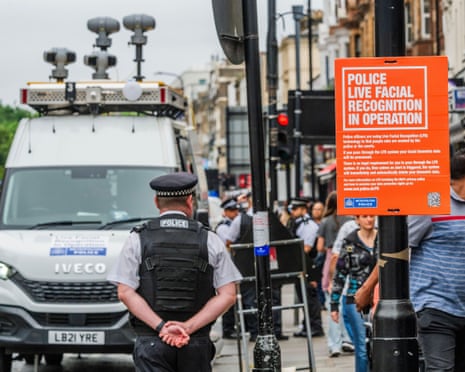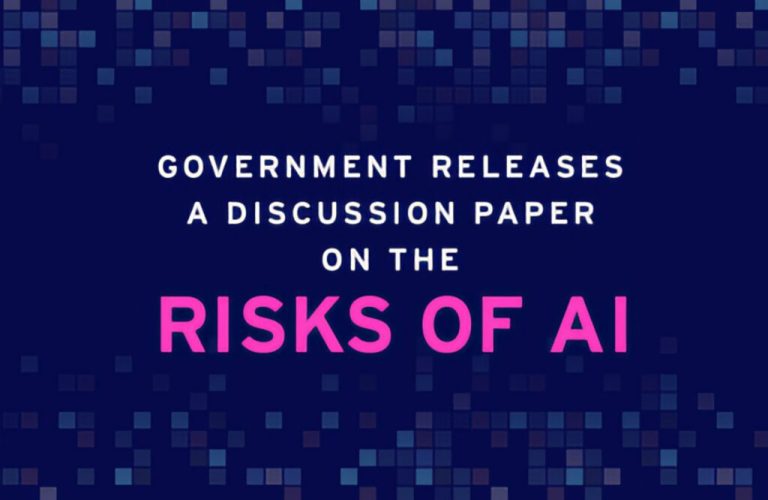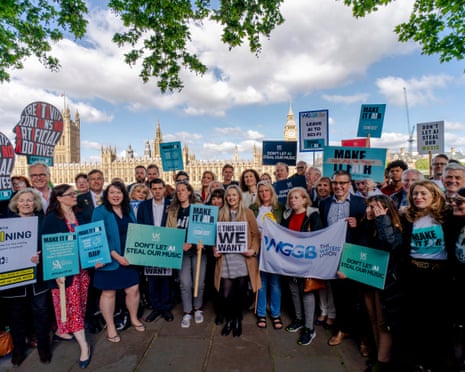Stricter Regulations Are Essential for Safeguarding Facial Recognition Technology
The recognition by the Metropolitan Police of the necessity for a “framework or statutory guidance” for live facial recognition technology is indeed a positive development. However, it’s essential to note that a clear legal framework is required not just for police applications of this technology. Despite the rapid expansion of biometric surveillance, there remains a significant absence of specific legislation governing live facial recognition and other emerging biometric technologies in both public and private sectors.
The use of biometric surveillance is escalating swiftly, extending beyond law enforcement to areas such as train stations, schools, and supermarkets. Moreover, newer biometric systems claim to assess emotional states, which raises crucial concerns regarding their accuracy, ethical implications, and legality.
In 2020, the UK Court of Appeal rendered its first judgment on live facial recognition, deeming a deployment by South Wales Police to be unlawful. This judgment highlighted deficiencies in the existing legal framework and established essential standards for lawful use. Following this, a disjointed collection of voluntary guidelines has surfaced.
Research from the Ada Lovelace Institute shows that this fragmented approach is insufficient in practice, leading to legal ambiguities, jeopardizing fundamental rights, and undermining public trust. Notably, non-police applications, particularly in the private sector or those that involve inferencing, are often accompanied by even fewer safeguards, placing them on significantly weaker legal footing.
It is evident that governance is struggling to keep pace with the rapid technological advancements. Policymakers must take immediate action to implement new legislation that provides a comprehensive framework for all forms of biometric surveillance and inference—not limited to police usage. Furthermore, the establishment of an independent regulatory body to oversee and enforce these regulations is essential.







